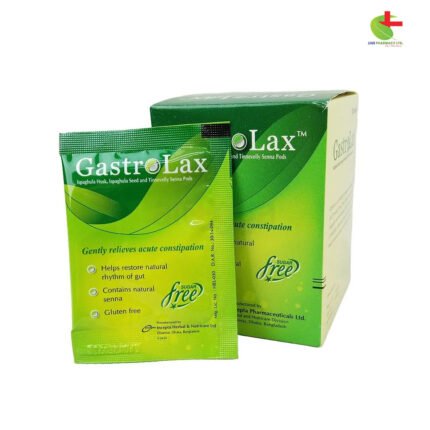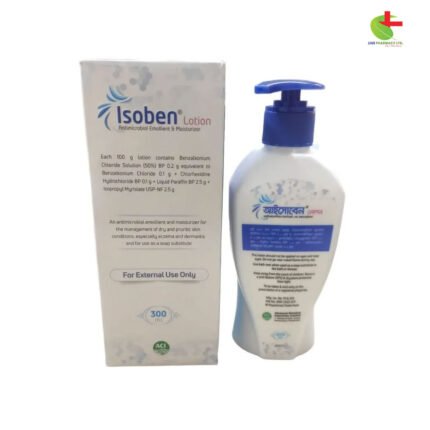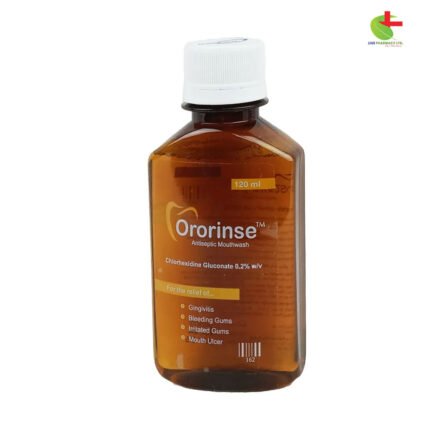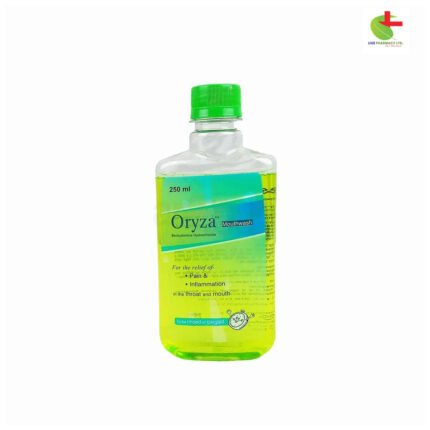Fosamin 3
350.00৳ Sachet (3gm)
- Fosfomycin is a broad-spectrum bactericidal antibiotic used for treating uncomplicated urinary tract infections (acute cystitis) in women.
- It effectively targets susceptible strains of Escherichia coli and Enterococcus faecalis.
- This medication works by inhibiting bacterial cell wall synthesis, ensuring rapid relief from symptoms.
- Recommended for adult women, it should be taken as a single dose mixed with water, and it’s important to consult a healthcare professional before use.
 Brand
Brand
|
Incepta Pharmaceuticals Ltd |
|---|---|
 Generics
Generics
|
Fosfomycin Trometamol |
 Type
Type
|
Oral Powder |
Indications
Fosfomycin is specifically indicated for the treatment of uncomplicated urinary tract infections (acute cystitis) in women, primarily caused by susceptible strains of Escherichia coli and Enterococcus faecalis.
Always consult a registered healthcare professional before using this medication.
Pharmacology
Fosfomycin exhibits in vitro effectiveness against a wide array of both gram-positive and gram-negative aerobic bacteria associated with uncomplicated urinary tract infections. As a phosphonic acid derivative, Fosfomycin Trometamol is a synthetic, broad-spectrum bactericidal antibiotic designed for oral use. Its bactericidal mechanism involves the inhibition of the enzyme enolpyruvyl transferase, which irreversibly prevents the condensation of uridine diphosphate N-acetylglucosamine with p-enolpyruvate, a crucial step in the synthesis of bacterial cell walls.
Dosage & Administration
For women aged 18 years and older suffering from acute cystitis, the recommended dosage is one sachet of Fosfomycin, which can be taken with or without food. This medication is not intended for use in children.
Preparation: Begin by pouring 100 ml of purified water into a glass. Next, add the entire contents of one Fosfomycin sachet into the water and stir until completely dissolved. Consume the entire mixture immediately after preparation.
Always consult a registered healthcare professional before using this medication.
Interaction
Concurrent use of Fosamin with metoclopramide, which enhances gastrointestinal motility, may reduce serum levels and urinary excretion of fosfomycin. Other medications that increase gastrointestinal motility may exhibit similar effects.
Contraindications
Fosfomycin is contraindicated in individuals with known hypersensitivity to the drug, those with severe renal insufficiency, and patients undergoing hemodialysis.
Side Effects
In clinical trials, the most commonly reported side effects occurring in more than 1% of participants included diarrhea (10.4%), headache (10.3%), vaginitis (7.6%), nausea (5.2%), rhinitis (4.5%), back pain (3.0%), dysmenorrhea (2.6%), pharyngitis (2.5%), dizziness (2.3%), and abdominal pain (2.2%). Other side effects reported at rates below 1% included abnormal stools, anorexia, constipation, dry mouth, dysuria, fever, and more.
Pregnancy & Lactation
Fosfomycin is classified as pregnancy category B. This medication should only be used during pregnancy if the benefits outweigh the risks. Decisions regarding the discontinuation of breastfeeding or the administration of this drug should consider the importance of treatment to the mother.
Precautions & Warnings
Clostridium difficile-associated diarrhea (CDAD) has been linked to the use of nearly all antibacterial agents, including Fosamin. Antibiotic treatments can disrupt the normal flora of the colon, allowing for the overgrowth of C. difficile. It is advised not to exceed a single dose of Fosamin for the treatment of acute cystitis. Multiple daily doses have not shown improved clinical outcomes or eradication rates and may increase the incidence of side effects.
Overdose Effects
When Fosamin is coadministered with metoclopramide, gastrointestinal motility may increase, resulting in reduced serum levels and urinary excretion of fosfomycin. Similar effects may occur with other drugs that enhance gastrointestinal motility.
Therapeutic Class
Intracellular antibiotic
Storage Conditions
Keep out of reach of children. Store in a cool, dry place, below 25°C, and protect from light.













Reviews
There are no reviews yet.